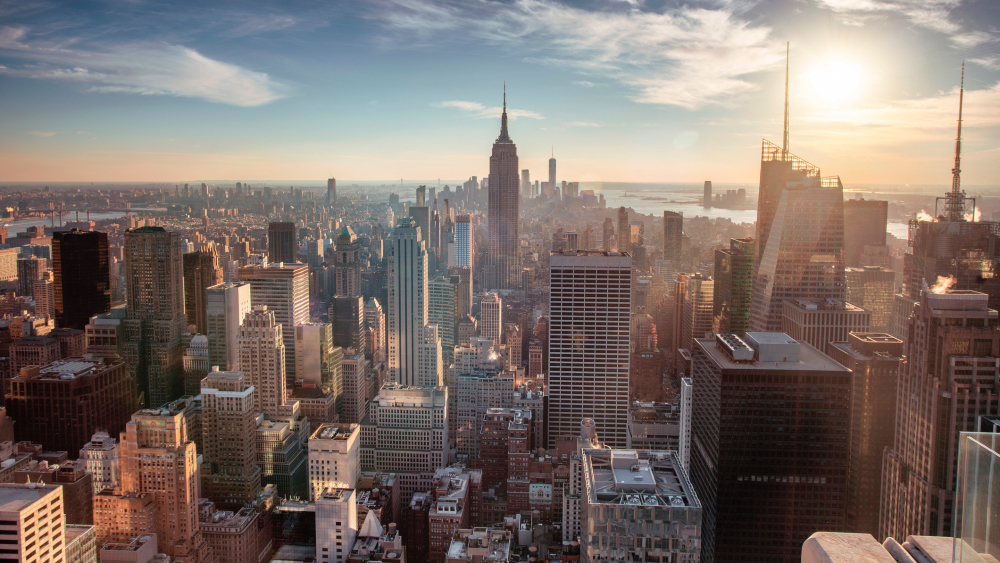If you’re interested in sharing your opinion on any cultural, political or personal topic, create an account here and check out our how-to post to learn more.
____
When COVID-19 ripped through New York City, Black New Yorkers were hit the hardest. Yet, many of us kept the city functioning when so many others fled. We reckoned with the trauma and carried on with dignity.
Indeed, a disproportionate number of Black New Yorkers are employed in the service industry — key jobs that ensured residents received the necessities they needed throughout the pandemic, despite the median pay for Black workers being less than $50,000 a year.
If we were truly a meritocratic metropolis, such heroic, diligent work would be rewarded. But an often-racist economic system cannot change overnight. That is why, for the last 100 years, the New York Urban League — and its allies and supporters in and out of government — have been fighting for Black empowerment through essential changes to the American economic system.
To mark our centennial this year, we are doubling down on our efforts to uplift Black New Yorkers. Rather than simply celebrate, the Urban League will soon release a comprehensive report, “The State of Black New York,” to commemorate the occasion. The report diagnoses and reveals deep racial disparities in the city and also makes specific policy recommendations to guarantee a fairer New York City emerges from the ashes of this pandemic.
One area the report tackles is hiring practices. We can no longer accept that Black women in New York earn only 57 cents for every dollar a white man makes — even less than the national disparity. And with this recession adversely impacting Black workers the most, we cannot permit discrimination in hiring to continue unabated. When resumes with white-sounding names receive far more callbacks than identical resumes with Black-sounding names, we know too many companies do not respect Black livelihoods.
This is why a coalition — including over 20 council members — is pushing to pass a city bill, which will mandate that new hiring technologies cannot be sold in the city without detailed information about their impact on historically disadvantaged groups. The bill requires that vendors offering these technologies audit them for discrimination before they can be sold to companies. It would be the first bill of its kind in the country.
In addition, we need to close the digital divide. It should not have taken a pandemic and hundreds of thousands struggling to remotely access school for people to realize the lack of internet connectivity that plagues Black New Yorkers. In the city, 40% of residents lack either mobile or home internet services and 18% lack both. In Brownsville, Brooklyn, nearly one-quarter of households don’t have internet service.
Ultimately, economic justice cannot be achieved when Black New Yorkers aren’t even able to look for or apply for jobs on job sites. In turn, the state, city and federal government must partner to expand universal broadband access. This is particularly important when everyone is supposed to stay in their homes as much as possible.
Black New Yorkers have carried the city through this period of chaos, and we should not cede any ground. This is particularly important because many of these policies will be debated by folks not yet in power. 35 of 51 of New York’s Council seats will be held by new members beginning in January 2022, and a new mayor will also be inaugurated then.
After years of watching the city increasingly cater to the rich (we cannot avoid the fact Donald Trump is a product and beneficiary of how New York operates), we can build on the legacies of Malcolm X, Shirley Chisholm and other Black leaders who leveraged New York City’s platform to agitate for national change.
COVID-19 made plain that Black lives have not mattered in the city. But COVID-19 also clarified that we are the core of this city. We are not going to let anyone forget it.
____
Alicka Ampry-Samuel is a Council member who represents central Brooklyn.
Arva Rice is President and CEO of the NY Urban League.
